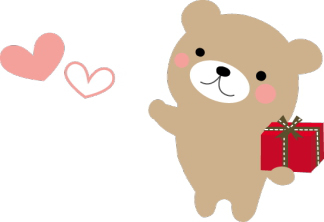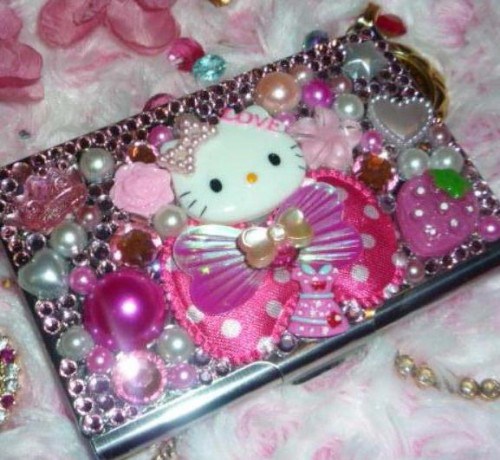 There are some people who just hate it when we drop Japanese words into English. It seems to be a very strange attitude. After all, Japanese is littered with English words, and English is littered with French words.
There are some people who just hate it when we drop Japanese words into English. It seems to be a very strange attitude. After all, Japanese is littered with English words, and English is littered with French words.
Often we even forget they are French. Someone recently asked “Why do nearly all languages use the English word for ‘restaurant’?” Well, probably because it is actually the French word!
English borrows from various languages, so why not Japanese? There seems to be a strange snobbery at work here. The current situation is that Japanese words are mostly only used for Japanese things (karate, samurai, ninja), things of Japanese origin (karaoke – which incidentally is itself half-English wasei – kara = empty, oke = English “orchestra”) and a very few others (tsunami, typhoon).
But actually there are many concepts in Japanese that are not covered by the English language, which makes them useful words to adopt. I would say that ganbaru, asobu, and wa are very good examples of words that English does not have, and I think the very concepts would be culturally enriching. So I will write about them later.
Today I want to write about a concept that is harder to incorporate from Japanese and that actually used to exist in English but has been crowded out by the increasing cynicism of the culture. Beloved things.
Have you ever heard a child say “That is my favorite flower” and a few minutes later “That is my favorite flower” — or food, or nuigurumi (stuffed toy — we don’t have a decent word for that in English either!) An adult is likely to say “They can’t both be your favorite”. Though how often have you wanted to say that many things are your favorite?
Actually this whole “favorite” thing is, in my view a symptom of the over-competitiveness and cynicism of Western thinking. It is not enough to love something. It has to be compared to other things and judged best. And in English there is no other way to say it. You could say “that is my beloved thing”, but the phrase sounds odd and old-fashioned and almost impossible to use in modern English. Before the culture became so cynicized (to coin a term), such phrases were possible.
In Japanese a phrase like watashi no suki na tabemono is translated as “my favorite food”, because in English that is the only natural way to say it. But that isn’t what it actually means (watashi no ichiban suki na tabemono means that). It means “this is the food I like”, “this is my beloved food”. It is a very natural concept. It is the concept the child is trying to express when she calls many things her “favorite”, but she can’t because English virtually demands an excluding comparison.
The Japanese phrase cannot be translated into natural English because it means more than “I like this very much” it means “this is the thing I like”. It is as strong as “my favorite thing” but without excluding other things. To the modern English ear, expressing such a positive emotion without an implied negative (exclusion of other things) sounds overly sentimental or gushing. It is the same mentality that describes cute things as “sickeningly cute”.
It is also one little window on the psychological reasons why, as explained in our sister site’s keynote essay, even an English-language tourist flyer is “cynical” compared to the innocence of the Japanese equivalent flyer.
The word “cynical” itself is inadequate. It is a clumsy term used to imply the cult of hardness, self-centeredness, suspicion, and dislike of the lovely that characterize the modern Western pop-ideology. It is the opposite of “innocent” on every level, but there is no very good word for it, so “cynical” will have to do. We won’t find that one in Japanese, because the Japanese really don’t understand it (and, frankly, neither do I).
But in any case, let’s all enjoy our beloved things! And let’s make them “sickeningly cute” – ne!

Reblogged this on Magic Dreams.